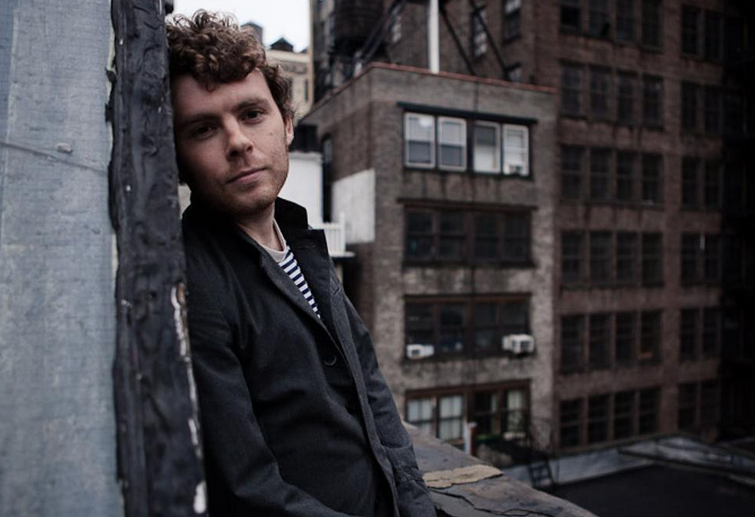Judy Woodruff: Songwriter Gabriel Kahane wrote his latest album, "Book of Travelers," while riding a train across the United States following the 2016 presidential election. In tonight's Brief But Spectacular episode, in the wake of this week's midterm elections, he offers a solution to better understanding those whose political views differ from our own.

Gabriel Kahane: So, I had written maybe a dozen-and-a-half songs leading up to the 2016 election. I began to feel that I needed to leave behind the digital world. I bought a series of train tickets for this kind of circuitous, looping trip around the continental U.S., which amounted to 8,980 miles. And I decided that, regardless of the outcome of the election, I was going to leave the morning after, just to talk to strangers, leave my phone at home, leave the Internet behind, and try to have a kind of unmediated encounter with a side of America that I didn't really know. I set some ground rules for myself when I was on the train. One of the things that I was really interested in doing wasn't arguing with people. And I think that that is sort of one of the fundamental problems that we face right now, is this idea we all sort of have contempt for the other side. We say, well, I just can't engage with that person. And there were some cases where I failed, and I would then go back to my sleeper car and write in my journal: You argued. You said you weren't going to do that. The Amtrak dining car is an incredibly unusual space. I was having meals with somewhere between six and nine strangers a day. The dining car creates this atmosphere of social adjacencies, ways in which people encounter one another that they wouldn't in their regular lives, and particularly not in their digital lives. I met an incredible array of people. I met truck drivers, software engineers. I met three siblings in their 60s who are in a family band. Trains in America are inefficient in a way that few other train systems are. In that inefficiency, there's a space in which to kind of reconnect with a slower pace of life, a slower pace of thought. And one of the things that I thought about quite a bit on this trip when I was looking out at mountains in Montana, looking at the plains in North Dakota, was the way that we have grown to believe that something that is more efficient is necessarily better. As we become more blindly enamored of things that are efficient, without kind of interrogating what is being lost, I think that we send ourselves into both a more divided space, but also a space that's less able to grapple with complex truth. There are no simple solutions to the kinds of intractable problems that we face as a country, whether we're talking about systemic racism, automation, the hollowing out of manufacturing jobs. All of these are incredibly complicated problems, in an era where our attention spans are shorter, where we're constantly looking at a screen, but not taking time to think about someone else's experience. And I think there's a real consequence to not having that space to just sit silently and think, what is it to be in this other person's body? And that you know, that's something which I think is a cause for grave concern. My name is Gabriel Kahane, and this is my Brief But Spectacular take on why trains in America are the road to radical empathy.
Judy Woodruff: Now we know. And you can find additional Brief But Spectacular episodes on our Web site. That's PBS.org/NewsHour/Brief.












